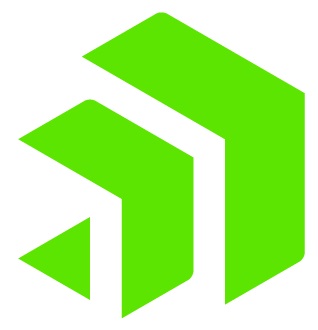Gavriela Tejedor Meyers Wins Progress Mary Székely Scholarship for Women in STEM
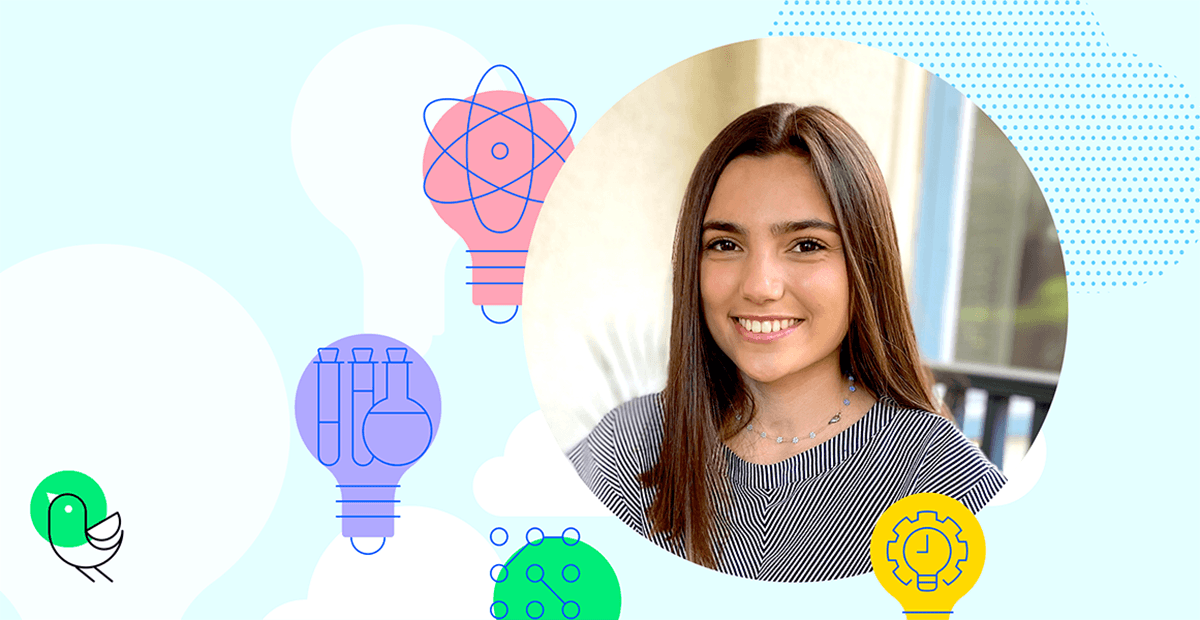
The second-annual scholarship honoring Progress pioneer Mary Székely was awarded to Gavriela Tejedor Meyers, who will be studying computer science at Wesleyan University.
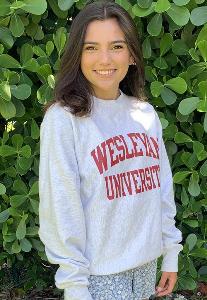 A recent graduate of Brookline High School, Gavriela Tejedor Meyers is the 2021 winner of the Progress Mary Székely Scholarship for Women in STEM—a $10,000, four-year renewable scholarship granted to a Massachusetts woman, including someone who identifies as a woman, who is planning to study computer science, computer information systems, software engineering and/or IT.
A recent graduate of Brookline High School, Gavriela Tejedor Meyers is the 2021 winner of the Progress Mary Székely Scholarship for Women in STEM—a $10,000, four-year renewable scholarship granted to a Massachusetts woman, including someone who identifies as a woman, who is planning to study computer science, computer information systems, software engineering and/or IT.
A National Honor Society and award-winning student, Gavriela founded her high school’s Technovation chapter for young women to compete in a worldwide app-making competition. She was also part of a group established to incorporate computer science into the math curriculum at her school.
Check out our interview with Gavriela below to learn more about what drives her and how she hopes to contribute to the world.
What do you like the most about STEM?
The problem-solving aspect. You can solve real-world problems with technology. We can change the way things work.
My first experience with STEM was a club called Technovation, where we had to pick a real-world problem and work with a team of girls to program an app and write a business plan to solve that problem. That’s when I decided I wanted to major in computer science.
I don’t have a specific career in mind. I’ll explore my options in college, but definitely something that mixes problem-solving, social justice and STEM.
Why is representation important in STEM fields?
Diversity drives innovation. If you’re working with a homogeneous group, they’re only going to have their experiences, which won’t always help people who aren’t represented in that group. I did a lot of research on this. There was a study that showed artificial intelligence (AI) in cars didn’t recognize dark skin. I looked into why this is true. There are a lot of similar instances, for example, soap dispensers not recognizing a black hand. Things like that. It’s because most of the people who are creating these products are white. They’re not testing with darker-skinned people.
That just goes to show how important it is to have diverse perspectives. Something that might work for certain people will not work for other people. I’ve worked in diverse groups before in STEM projects, and I’ve worked in non-diverse groups. It’s powerful to see the difference.
I’ve talked a lot to the math teachers to get more diversity at higher levels, like calculus classes. I also founded our Technovation club, and that helped a lot more girls get into computer science classes, which is really important to me because I felt pretty isolated my freshman year. I was one of the few girls in the whole department.
What drew you to Wesleyan?
I plan to major in computer science, but Wesleyan also has a minor called the IDEAS minor—integrated design, engineering and applied science. It combines design, the arts, engineering and liberal arts education. The minor is unique to Wesleyan.
I took a class this year in high school that focused a lot on the aesthetic part of engineering and product design. You have to make something look good for people to use it. It was a really fun class. When I was looking at colleges, I saw that Wesleyan was one of the only liberal arts colleges that had a program like this. Computer science is the main thing, but I want to get a well-rounded education. I want to make sure I’m good in the humanities—to be a good writer and be able to put my ideas forward in a direct way and make a connection.
It sounds like helping people is important to you.
Definitely. I’ve seen ways in which technology has helped a lot of people, especially underrepresented communities. I’ve done a lot of work in elderly communities and technology has helped them become less isolated.
I also volunteered teaching English as a second language (ESL) to immigrant adults, worked at an early education facility, and helped Spanish-speaking residents with voter registration during the last presidential election.
Helping people is the most attractive thing about STEM to me.
What other school activities were you involved in?
Twice a week, I was part of the Latinx Club at my school. We’d meet up and talk about problems that are happening right now and ways to fix them. We did a clothing drive this year. We’ve done all sorts of things, including fundraisers for Venezuela.
One of the girls in my club, her aunt has a school in Bolivia, so we did an exchange with that school in Bolivia just over Zoom for five or six weeks.
While applying for the scholarship, you learned about Mary Székely. What qualities do you share or hope to emulate?
Not only did Mary love math, science and doing innovative work, she was also a mentor and empathetic. She loved people as much as problem solving, and teaching as much as she loved learning. I want to be just like that. I hope I can inspire people, help people and create something lasting like Mary did.
I am grateful and honored to have a scholarship in her name.
Progress Expands Women in STEM Scholarship Series
In addition to the existing Mary Székely scholarship and the Women in Tech Scholarship at American University in Bulgaria, today Progress announced the expansion of its Women in STEM scholarship series to India with the establishment of the Progress Software Akanksha Scholarship for Women in STEM.
The Progress Software Akanksha Scholarship for Women in STEM is a $2,000, four-year renewable scholarship that covers tuition, fees and educational expenses for women pursuing an undergraduate degree in computer science, computer information systems, software engineering and/or IT. The deadline to apply for that scholarship is Aug. 20. Learn more about the scholarship here.
The Women in Tech Scholarship at American University is an annual donation of $12,500 to be distributed to female students who have the financial need, with preference given to those studying computer science, information systems or mathematics.
“We firmly believe that diversity drives the best innovation, which is why we decided to not only offer a scholarship for Women in STEM in the U.S., but to expand that effort into multiple regions, across the globe,” Progress CEO Yogesh Gupta said. “The women who have submitted for our scholarships are nothing short of remarkable and Gavriela is one such example. I am humbled that we can offer assistance to women who will undoubtedly have a major impact on our industry.”
The Women in STEM scholarship series is part of the Progress for tomorrow corporate social responsibility (CSR) program. To learn more, visit our Progress for Tomorrow page.
About Mary Székely: Blazing the Trail for Women in Tech
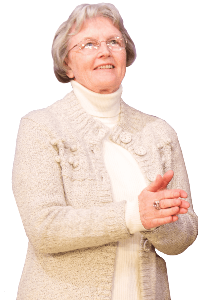 Launched in 2019, the Progress Mary Székely Scholarship for Women in STEM honors one of the company’s founders who trailblazed a wide path for women in computer science at time when that was rare.
Launched in 2019, the Progress Mary Székely Scholarship for Women in STEM honors one of the company’s founders who trailblazed a wide path for women in computer science at time when that was rare.
Mary led development at Progress for more than 30 years, pioneering development on the OpenEdge platform.
Colleagues have said, “you always learned something new working with Mary,” a remarkable quality that reflected her deep passion for both computer science—and for fostering growth in the next generation.
Read about last year’s inaugural winner Kaya Dorogi.
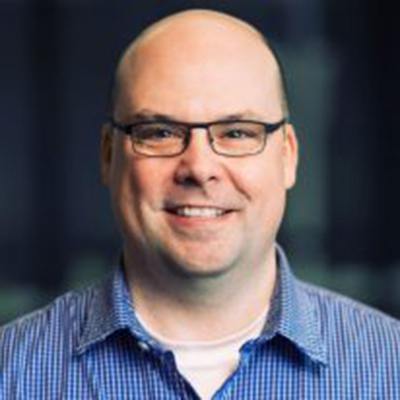
Next:
Comments
Topics
- Application Development
- Mobility
- Digital Experience
- Company and Community
- Data Platform
- Security and Compliance
- Infrastructure Management
Sitefinity Training and Certification Now Available.
Let our experts teach you how to use Sitefinity's best-in-class features to deliver compelling digital experiences.
Learn MoreMore From Progress
Latest Stories
in Your Inbox
Subscribe to get all the news, info and tutorials you need to build better business apps and sites
Progress collects the Personal Information set out in our Privacy Policy and the Supplemental Privacy notice for residents of California and other US States and uses it for the purposes stated in that policy.
You can also ask us not to share your Personal Information to third parties here: Do Not Sell or Share My Info
We see that you have already chosen to receive marketing materials from us. If you wish to change this at any time you may do so by clicking here.
Thank you for your continued interest in Progress. Based on either your previous activity on our websites or our ongoing relationship, we will keep you updated on our products, solutions, services, company news and events. If you decide that you want to be removed from our mailing lists at any time, you can change your contact preferences by clicking here.


